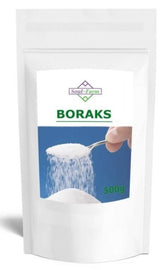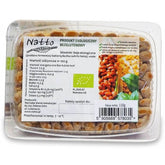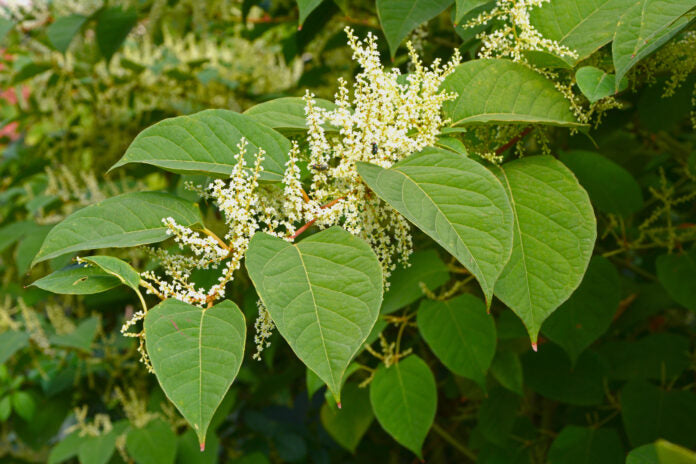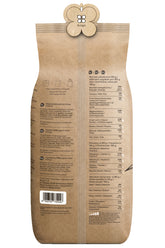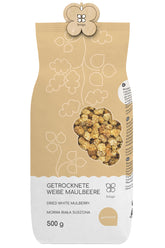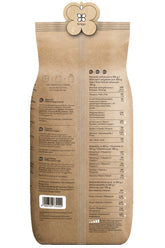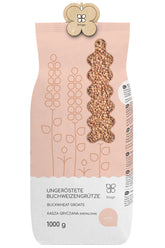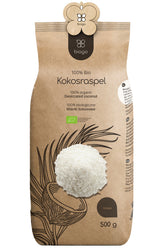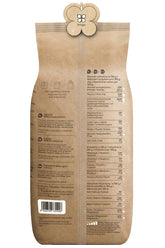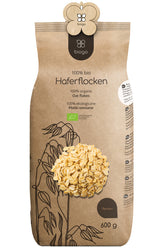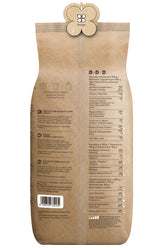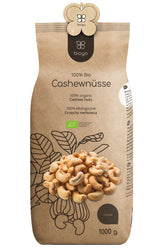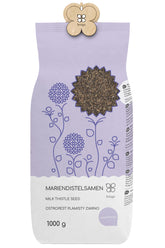Japanese knotweed is a source of resveratrol. What are the health benefits of Japanese knotweed?
Contents:
It arrived in Europe in 1825, although its original distribution area included only Taiwan, Korea, and Japan. Originally known as knotweed, it gained recognition in European courts as an ornamental plant for gardens and was also included in the flora of many botanical parks. Over time, the condition of the plant deteriorated considerably. Today, Japanese knotweed is considered an invasive species that is dangerous to native wildlife. However, we don't have to grow it to benefit from its health-promoting properties. Valuable resveratrol , which is extracted from Japanese knotweed, is available in the form of convenient capsules.
Knotweed herb and its rhizome are plant-based raw materials, as they have a more potent effect. The resveratrol contained in the plant has a number of health-promoting properties and can help us combat various ailments.
What ailments can Japanese knotweed help with?
Its use supports the inhibition of immunological autoimmune processes. Autoimmune diseases arise when the immune system produces antibodies that destroy its own tissue (e.g., multiple sclerosis or chronic fatigue syndrome). The plant's properties can support us when we struggle with rheumatism, neurodermatitis, psoriasis, vitiligo, arthritis, or diabetes.
The rhizome of Japanese knotweed contains, among other substances: iron, selenium , copper, zinc , phytosterols, and flavonoids. The herb contains coumarinides, flavonoids, and chrysophanol. These ingredients help fight bacterial and fungal growth, have analgesic and anti-atherosclerotic properties, and also combat free radicals. Japanese knotweed contains a high amount of resveratrol , a compound known to have beneficial effects on the entire body. Japanese knotweed can also be used to treat high fever.
Does Japanese knotweed still help?
Resveratrol, found in knotweed, supports neurodegenerative processes. This means it neutralizes free radicals that can slow mental processes and reduces the risk of heart disease and cardiovascular complications, including high cholesterol. Knotweed's properties also help lower blood pressure, resulting in a lower risk of heart attacks and strokes. It also dilates blood vessels, reducing the risk of blood clots, and the plant has a mild laxative effect.
It is recommended for use in cases of constipation, flatulence, or diarrhea. The properties of Japanese knotweed are known to be effective in combating the effects of neuroborreliosis, as it protects the neurological system. However, opinions on this topic are divided. There is no clear evidence that knotweed actually helps in the fight against this disease. The recommendation to use this plant for Lyme disease is based on the fact that it contains polyphenol compounds. Some scientists consider it an analgesic that should be used by people suffering from Lyme disease and struggling with pain as a result. However, it should be noted that it is not a medicine and can be used as an adjunct to therapy.
Knotweed has valuable properties. It helps combat many ailments and supports the body, including: thanks to its many minerals .
THE PUBLISHER'S CHOICE
Almonds 1 kg BIOGO
- €11,69
€13,75- €11,69
- Unit price
- / per
Walnuts 800 g BIOGO
- €8,65
€10,18- €8,65
- Unit price
- / per
Dried organic mango 400 g BIOGO
- €10,99
- €10,99
- Unit price
- / per
Dried White Mulberries 500 g ORGANIC
- €5,84
€6,87- €5,84
- Unit price
- / per
Dried organic figs 800 g BIOGO
- €30,12
- €30,12
- Unit price
- / per
Unpeeled buckwheat groats 1 kg BIOGO
- €2,81
€3,31- €2,81
- Unit price
- / per
Organic coconut flakes 500 g BIOGO
- €10,07
- €10,07
- Unit price
- / per
Organic oat flakes 600 g BIOGO
- €3,77
- €3,77
- Unit price
- / per
Organic cashew nuts 1 kg BIOGO
- €19,99
- €19,99
- Unit price
- / per
Milk thistle seeds 1 kg BIOGO
- €3,99
- €3,99
- Unit price
- / per






